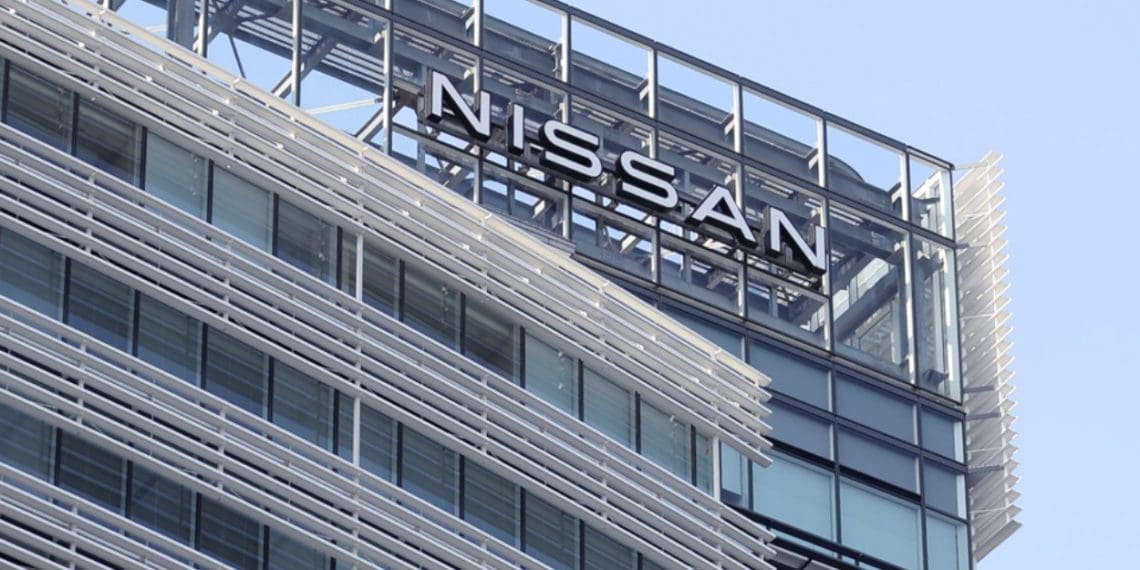Nissan is experiencing a severe financial crisis, which recently led the Japanese manufacturer to confirm that it will close seven production units and reduce the number of jobs by 15%.
However, the Japanese brand announced this Friday that it has raised ¥860 billion (five billion euros) by issuing new debt, to increase liquidity and finance long-term projects.
Of the total raised, ¥660 billion (€3.89 billion) corresponds to bonds denominated in US dollars and euros combined, and ¥200 billion (€1.18 billion) in convertible bonds in yen, the company reported.
In a statement, Nissan emphasized that demand was greater than the supply of debt, “reflecting investors’ confidence in the company’s recovery plan.”
The third largest automobile manufacturer in Japan intends to use part of the money to pay off existing debt, especially the bonds that need to be paid during the current fiscal year, which ends on March 31, 2026.
Nissan stated that it will have between four and ten years to repay the debt, which will also be used to support medium- and long-term plans. The company has promised investments in new products and technologies, such as electric vehicles and next-generation vehicles whose programs can be updated via the Internet.
Remember that the new CEO of Nissan, Ivan Espinosa, presented in June to the shareholders a restructuring plan that includes the dismissal of 20,000 workers globally, in an effort to return to profitability.
Nissan recorded a net loss of ¥670.9 billion (€4.12 billion) in the fiscal year that ended on March 31, due to the sharp depreciation of assets, the increase in operating costs, and the decline in global sales, especially in China, where the Japanese company faces strong competition from Chinese brands.









